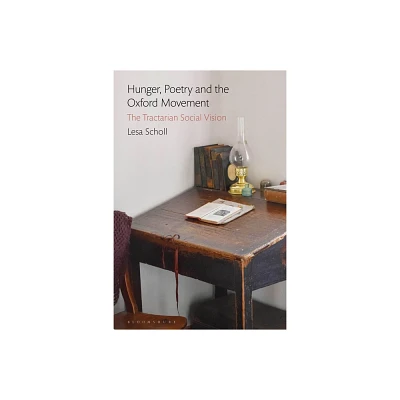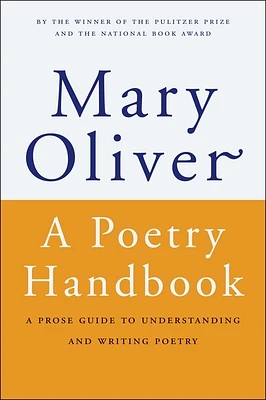Home
Writing Rumba: The Afrocubanista Movement Poetry
Loading Inventory...
Barnes and Noble
Writing Rumba: The Afrocubanista Movement Poetry
Current price: $60.00


Barnes and Noble
Writing Rumba: The Afrocubanista Movement Poetry
Current price: $60.00
Loading Inventory...
Size: Hardcover
*Product Information may vary - to confirm product availability, pricing, and additional information please contact Barnes and Noble
Arising in the heyday of the music recently made famous by the Buena Vista Social Club, afrocubanismo was an artistic and intellectual movement in Cuba in the 1920s and 1930s that tried to convey a national and racial identity. Through poetry, this movement was the first serious attempt on the part of mostly white Cuban intellectuals to produce a national literature that incorporated elements from the Afro-Cuban traditions of lower-class urban blacks. One of its main objectives was to project an image of Cuban identity as a harmonious process of fusion between black and white people and cultures. The notion of a unified nation without racial conflicts and the idea of a mulatto Cuban culture and identity continue to play a prominent role in the Cuban imagination.
The first book-length treatment of the poetry of this movement,
Writing Rumba: The Afrocubanista Movement in Poetry
questions the assumption that the poetry did manage to symbolize racial reconciliation and unification. At the same time it reveals a process of literary transculturation by which the dominant literature of European origins was radically transformed through the incorporation of formal principles from Afro-Cuban dance and music forms. To make his case, Miguel Arnedo-Gómez establishes the nature of the movementís connections to Cuban blacks during this time, analyzes the poetry's links with the represented cultures on the basis of anthropological and ethnographic research, and explores the thought of leading figures of the movement, tying their discourse to specific sociocultural factors in Cuba at the time. Relating the poetry to music and dance, he further illuminates the interplay of power and culture in a social context.
Essential for understanding Cuban nationalism and race relations today, Writing Rumba will appeal to an interdisciplinary audience not only in regional, cultural, and anthropological fields but also in the fields of music, dance, and literature.
The first book-length treatment of the poetry of this movement,
Writing Rumba: The Afrocubanista Movement in Poetry
questions the assumption that the poetry did manage to symbolize racial reconciliation and unification. At the same time it reveals a process of literary transculturation by which the dominant literature of European origins was radically transformed through the incorporation of formal principles from Afro-Cuban dance and music forms. To make his case, Miguel Arnedo-Gómez establishes the nature of the movementís connections to Cuban blacks during this time, analyzes the poetry's links with the represented cultures on the basis of anthropological and ethnographic research, and explores the thought of leading figures of the movement, tying their discourse to specific sociocultural factors in Cuba at the time. Relating the poetry to music and dance, he further illuminates the interplay of power and culture in a social context.
Essential for understanding Cuban nationalism and race relations today, Writing Rumba will appeal to an interdisciplinary audience not only in regional, cultural, and anthropological fields but also in the fields of music, dance, and literature.


















